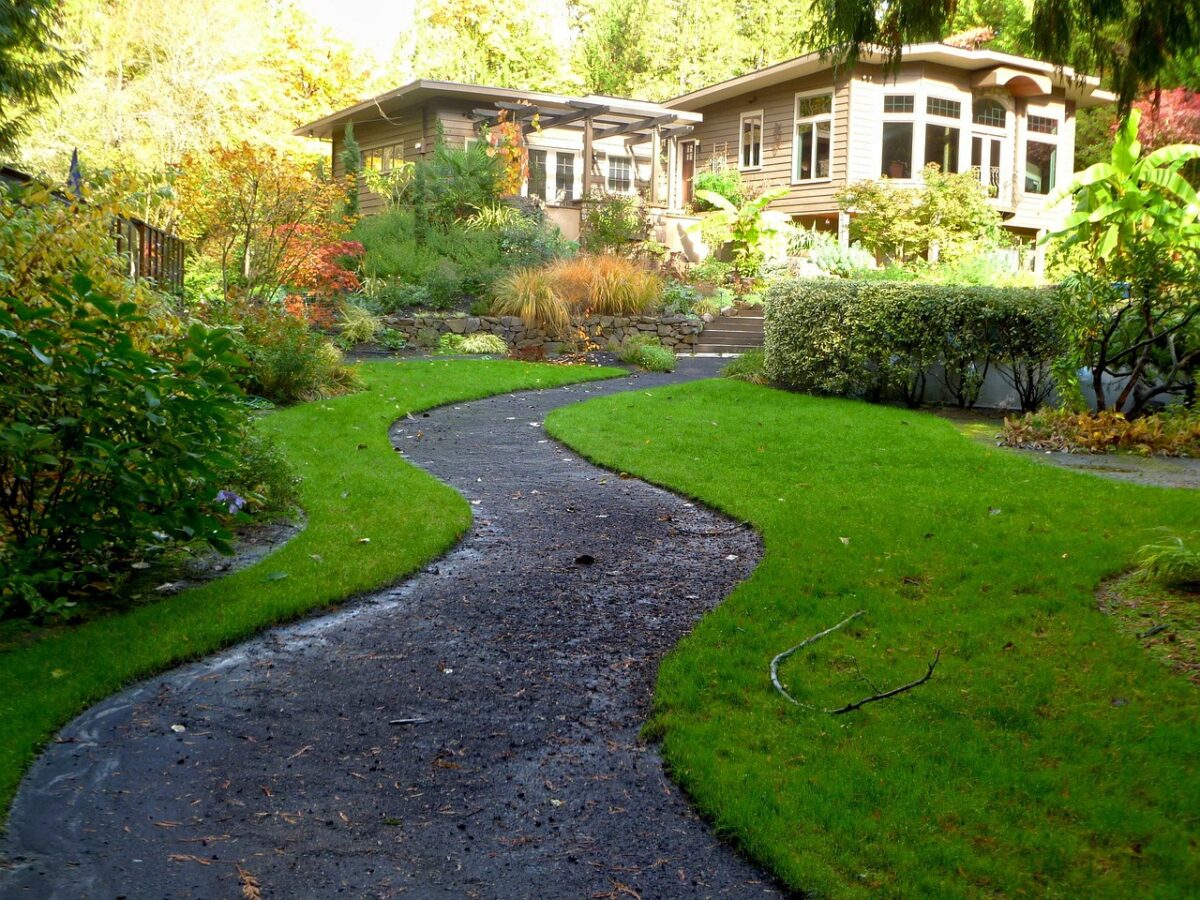COURSE DESCRIPTION
Rain gardens are shallow, constructed depressions that are planted with deep-rooted native plants and grasses. While rain water has been collected in gardens since ancient times, the concept of the residential rain garden is a recent idea. Conversion of land into impermeable surfaces creates new challenges for storm water runoff. This course provides an explanation of how rain gardens work and their eco-friendly benefits. Course participants will learn to calculate catchment zones, design for various soil types, and calculate slope adjustments. This course provides economical options to the otherwise costly stormwater challenges. This course provides information for design and construction including: FAQs, sizing and siting locations, landscaping, plant selection, catchment zones, slope calculations, designs for various soil types, construction, settling, and cost calculations. This course is based on the publication Rain Garden Handbook for Western Washington, A Guide for Design, Installation and Maintenance.
This course includes a multiple-choice quiz at the end and is intended to provide 3 hours of professional development.
Course Author: Washington State University
LEARNING OBJECTIVES
After the successful completion of this course, the student will have learned or been exposed the following:
• Where to locate and how to determine the storm water catchment zone
• How to design the storm water catchment zone
• How rain gardens reduce storm water pollution
• How to reduce erosion and other negative impacts
• Rain garden designs in sandy, and silty soil
• Rain garden designs in clayey soil
• Native plants and vegetation that will best benefit a rain garden system
• Design of storm water drainage and overflow systems
• Tools to estimate materials and calculate rain garden costs



